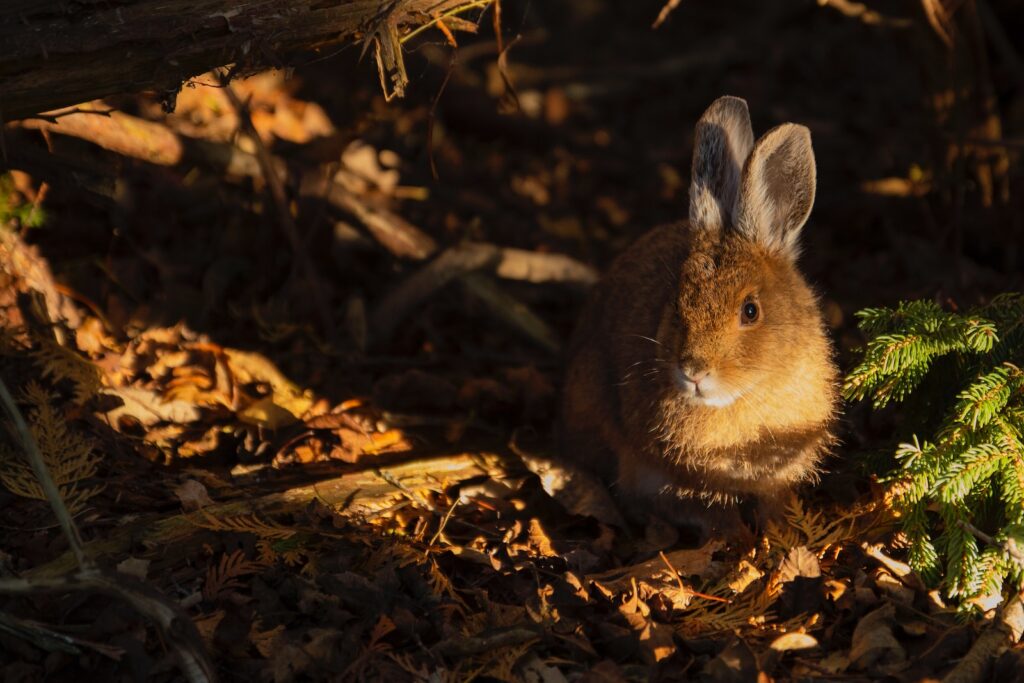Should Bunnies Munch on Buttercups?
Many of us wonder about the variety of plants our furry friends can eat. It might be tempting to think that rabbits can eat buttercups, given their natural environment includes nibbling on various plants. However, buttercups are not safe for rabbits to consume. This opening paragraph addresses your main question and explains clearly why rabbits should steer clear of this bright, seemingly harmless flower.
The Hidden Dangers of Buttercups for Rabbits
Buttercups might look pretty, but they hide a nasty secret when it comes to rabbit health. These flowers contain a compound called ‘ranunculin,’ and when chewed by a rabbit, it turns into ‘protoanemonin.’ This can be toxic to rabbits and other small animals. Digestive upset, including drooling, diarrhea, and loss of appetite, are just a few issues your bunny might encounter if it nibbles on this plant. Furthermore, the long-term impact on your pet’s liver and kidneys can be quite severe, making buttercups a definite no-go for your rabbit’s diet.
Recognizing Rabbit’s Reaction to Harmful Foods
What if your bunny accidentally eats a buttercup? Recognizing the symptoms early can be key to their health. After eating buttercups, rabbits may show signs of discomfort, such as mouth irritation, excessive salivation, and a noticeable decrease in their usual eating habits. They might also develop gastrointestinal symptoms, which include a soft, discolored stool or even diarrhea. Any change in behavior, like being less playful, lethargic, or withdrawn, should be a red flag. If you see these signs, it’s vital to get your hopper to a vet immediately.
Safe and Yummy: Better Alternatives to Buttercups
So what’s safe and also delicious for your rabbit? Plenty! Fresh hay should be the mainstay of their diet, providing essential fiber. On top of that, rabbits can enjoy various leafy greens like romaine lettuce, kale, and spinach. They also love crunching on carrots and savoring fruits like apples and blueberries in moderation. These alternatives not only are safe for your bunny but also contribute to their overall nutrition and wellbeing.
Keep Buttercups Out of Bunny’s Reach
Just because a rabbit can’t eat buttercups doesn’t mean they won’t try. It’s crucial to make sure these plants are out of your pet’s reach both indoors and outdoors. Keep an eye on your rabbit when it’s playing outside and make sure your garden is free of toxic plants. Inside, be aware of houseplants and flowers you bring into your home. Additionally, consider planting rabbit-safe flowers and plants in areas where your pet roams, to reduce the risk of accidental ingestion.
Conclusion
In conclusion, while rabbits might be curious about buttercups, it’s our job to protect them from these harmful flowers. Remember, despite their innocuous appearance, buttercups are a danger to your bunny’s health. By choosing the right food and ensuring their environment is safe, you’re taking essential steps in responsible pet care. Plus, by watching out for any unusual symptoms and acting quickly, you’ll be giving your rabbit the best chance at a happy, healthy life. Keep your pet’s diet varied and interesting with safe, nutritious alternatives, and enjoy the vibrant energy of your furry little friend!



